What started as pastime for the pair turned into a business and now both Ming, a storyboard illustrator, and Andrew, a graphic artist, “commission build” models and sell kits and materials to clients globally, while also running the annual Malaysia International Miniature Hobby Show – their flagship showcase and a leading industry event in Southeast Asia.
Come June, more than 10,000 people from 22 countries are expected to descend on the island state in the north of Malaysia, alongside 77 manufacturers, to flex their crafting skills and compete for prizes at the MALCOM 2024 miniature competition, also run by Ming and Andrew.
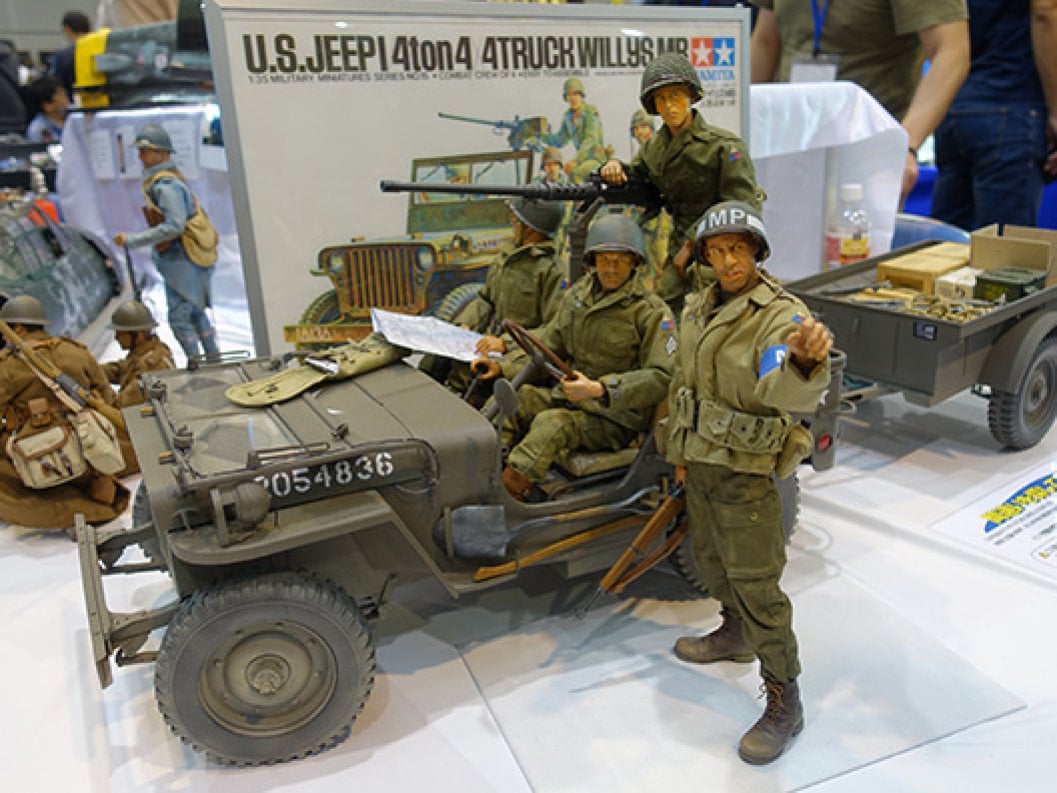
When the show started out eight years ago, it only filled a couple of hotel ballrooms but has since grown into a mega expo, the always-exuberant Ming said, reflecting the growth of the regional hobby industry.
Though it may not resonate with everyday consumers – and is somewhat of an unusual playground for investors and venture capitalists – the hobby toy industry has nonetheless grown in value both across the Asia-Pacific and globally, hobbyists and experts told This Week in Asia.
The hobby toy industry is not a usual playground for investors and venture capitalists nor does it resonate with everyday consumers, but it is an industry whose commercial value is growing both globally and in the Asia-Pacific, hobbyists and experts tell This Week in Asia.
The industry, which encompasses a subterranean universe spanning everything from Ming and Andrew’s miniatures business to K-pop merchandise and other collectibles, is thought to have generated millions of US dollars in revenue over the years.
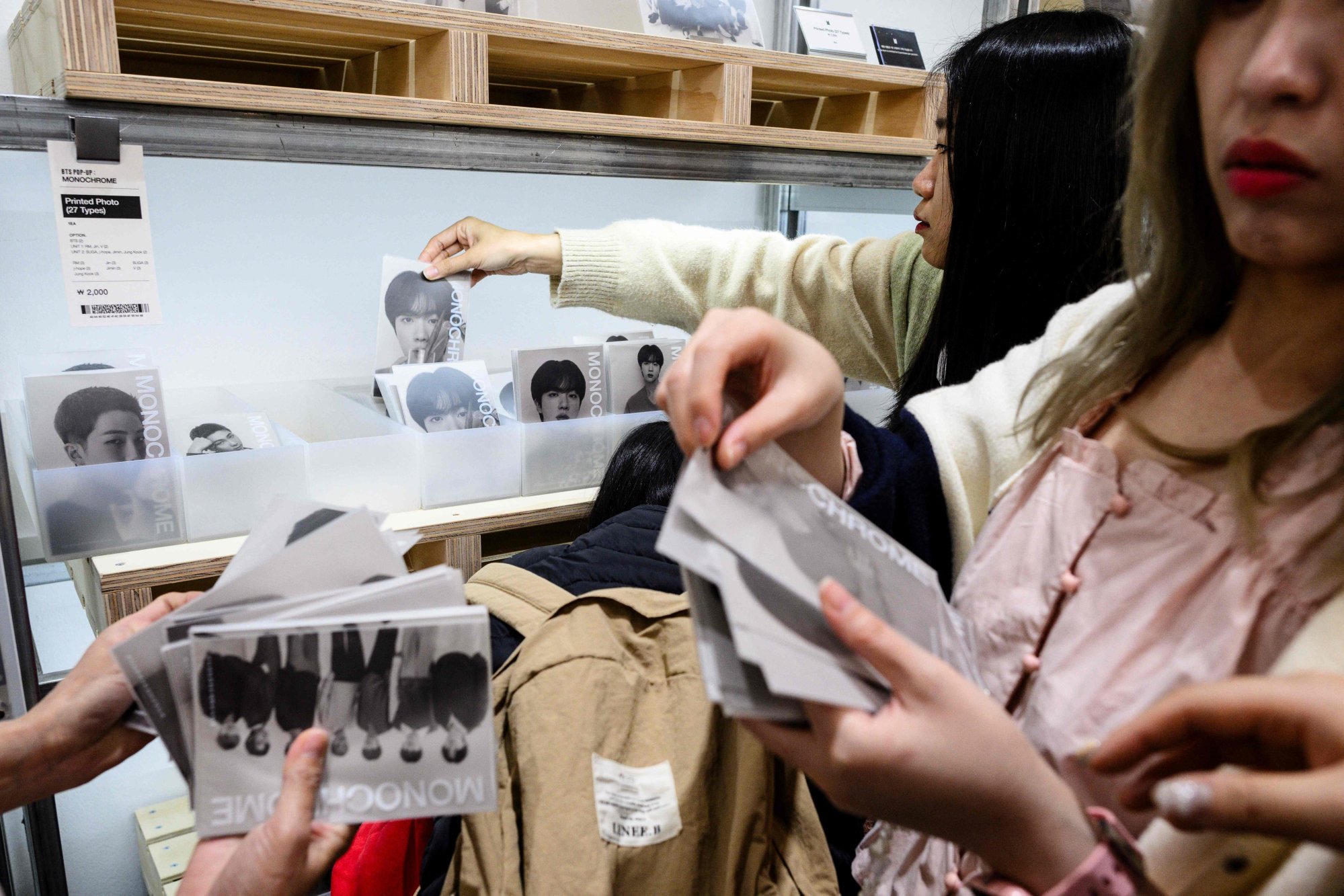
Though research into its true size and value is only in its early stages, there are indications that the niche sector possesses significant commercial potential.
Ming and Andrew’s business, for instance, has not only attracted tourists to Penang but also fostered a close-knit community among its global attendees, who book hotel rooms, go on durian-eating trips and share other experiences together.
So popular is their expo among modelling diehards – from millennials to CEOs – that the Penang state government has been sponsoring and promoting it since its inception in 2016.

Japan dominates the hobby toy expo industry, with the world-famous Shizuoka Hobby Show, headlined by global toy and collectible manufacturing giants Bandai Namco and Tomy, held earlier this month.
‘It just sparks joy’
The hobby toy industry continues to thrive because of what market research group Euromonitor International calls “kidults”.
These tend to be single-person millennial households or couples with no children who focus on their careers and leisure time and enjoy indulging in gadgets, collecting toys and building construction sets, according to Euromonitor analyst Jason Tjiptadi.
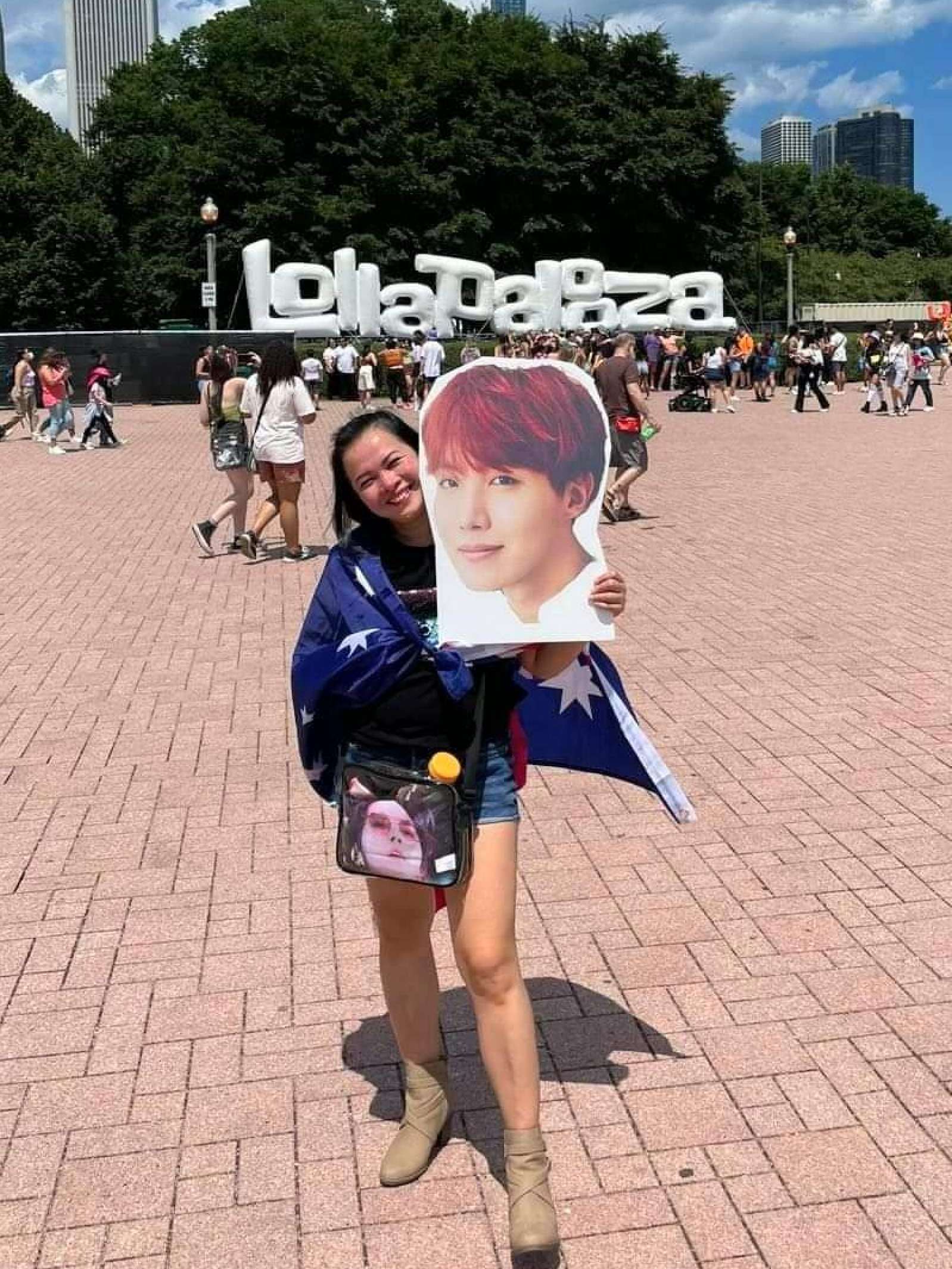
“It’s a hobby, but it’s basically evolved into something bigger than that,” she said.
Dela Pena says it isn’t just BTS’ “insane” dance moves that inspire her and bring her fulfilment, but also the group’s songs and the friendships she has made with other fans from around the world.
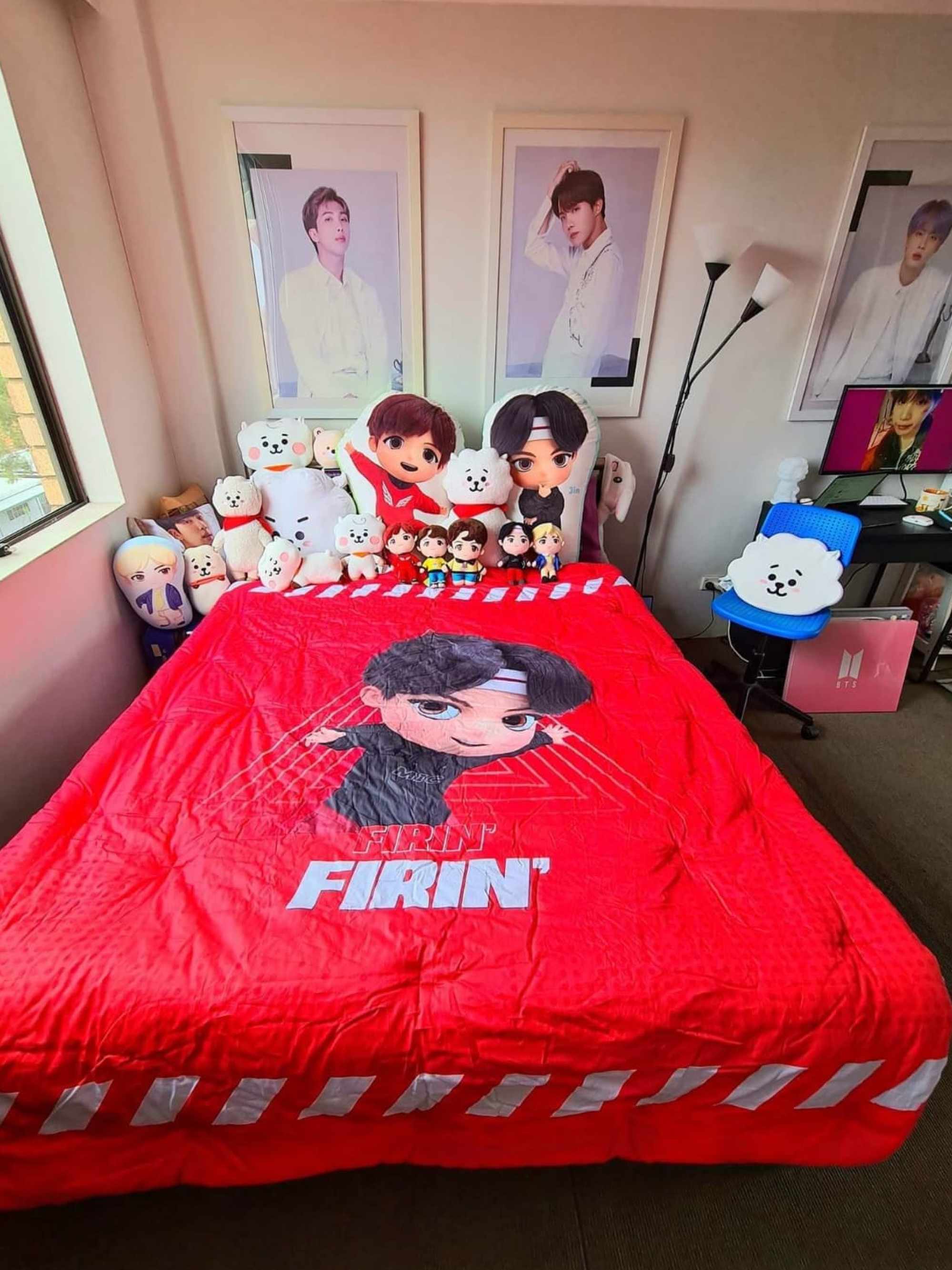
“It just sparks joy,” the 48-year-old said, invoking the Japanese television personality Marie Kondo, who made a name for herself tidying people’s homes. “When I am having a bad day, I just pull out one of my [photocard] albums and just stare at them. Even if it sounds trivial for some people … it makes you look forward to something.”
Her fear of travelling alone vanished after she became a BTS fan, dela Pena said, citing how easily she had made friends with other fans.
Indeed, Euromonitor’s Tjiptadi alluded to deeper underlying motivations for the increasing popularity of hobbies, such as the desire for a break from digital devices, a rekindling of childhood passions and as a means of connecting with families and friends when trapped indoors, especially during the pandemic.
When asked how much a BTS fan like herself spends on merchandise and concerts, dela Pena coyly said “the number runs into the six figures”.
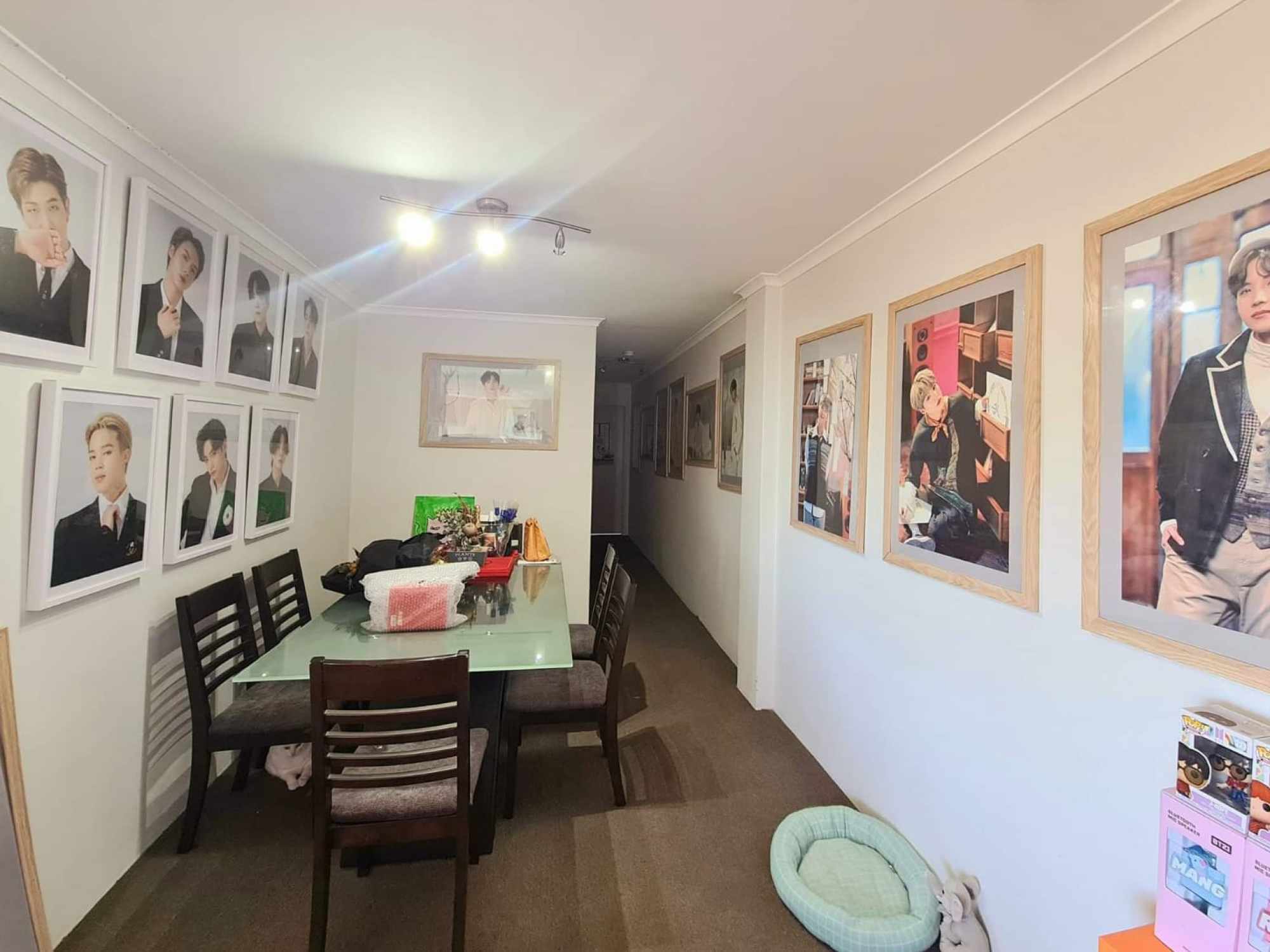
Like Ming and Andrew, dela Pena’s hobby has the potential to become a business. She told This Week in Asia she had been approached to write a book about the trips she has organised, or run a travel agency specialising in the BTS tours she has designed.
BTS collectibles fetch high prices at auctions, she said, and the demand for Korean language courses, dance classes and food has surged, while some fans she knows have set up e-commerce sites selling BTS and K-pop merchandise.
Growing markets
Highlighting just how nascent a stage of development the hobby industry is currently at, Euromonitor pointed out that retailers had only recently started tracking sales to kidults. However, the latest data indicates promising results.
The kidult demographic now accounts for 25 per cent of toy sales in the Asia-Pacific region and this figure is expected to rise to between 28 to 30 per cent, according to Euromonitor market research analyst Clifton Chiu.
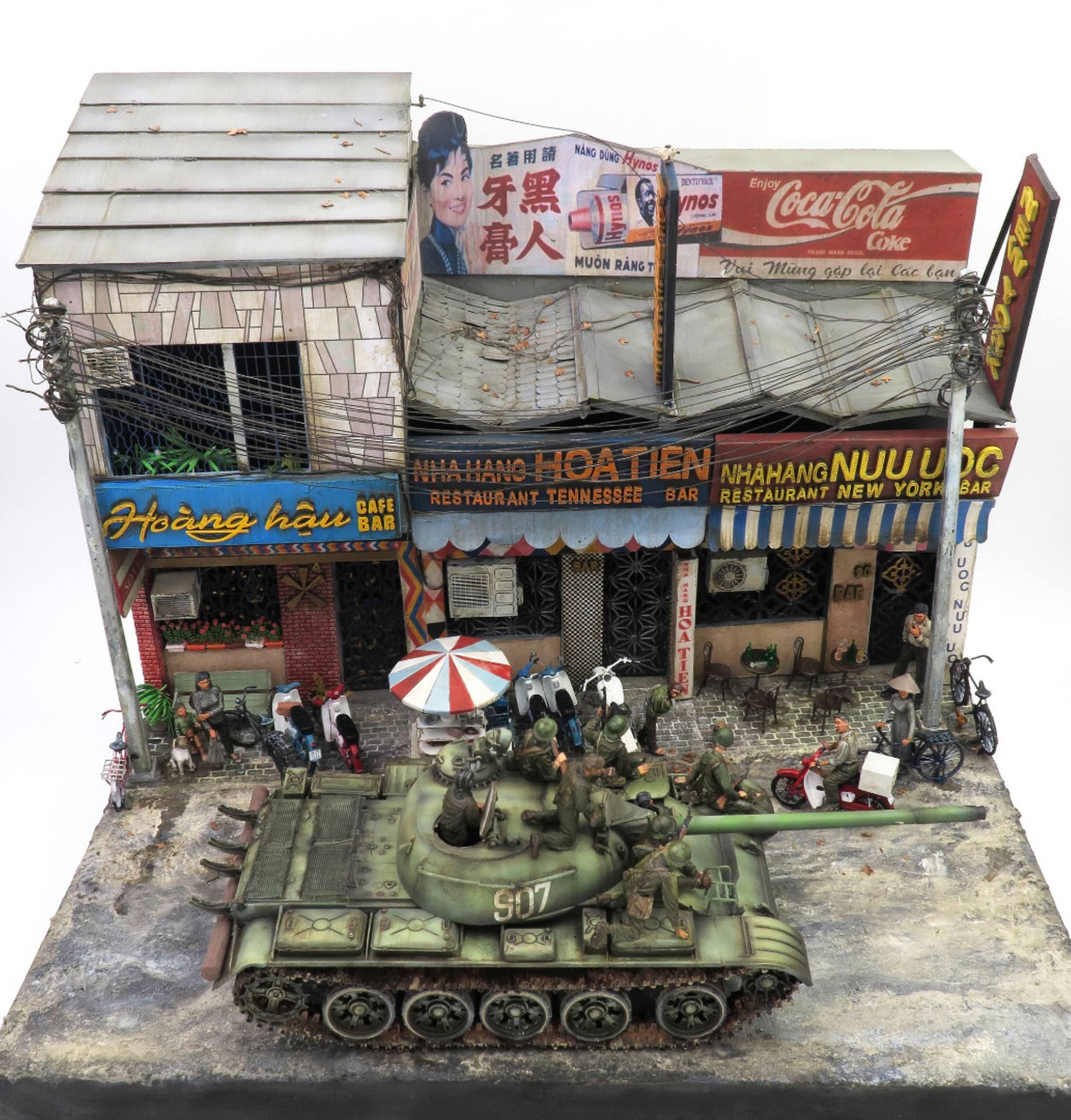
Construction toys like Lego, action figures, and models like Ming and Andrew’s armoured vehicles are regional favourites, he said, with hobbyists’ spending capacity running into the thousands of US dollars.
Kidult hobbies are gaining momentum in Singapore and Malaysia and are just starting to take off in Vietnam, where hobbyists have a penchant for board games involving more than six players, according to Hung Nguyen, whose company Empire Central focuses on games and distributes the Warhammer miniature war game in the country.
China dominates the manufacturing of toys and hobby goods in the Asia-Pacific region, according to Euromonitor. Sales revenue from China’s toy industry is expected to hit US$68 billion this year, Statista data shows, just ahead of the United States at US$66 billion.
Investors are watching
Kingsley Jones, chief investment officer at Australian boutique investment advisory Jevons Global, is watching the industry for investment opportunities.
“Clearly, this started with video gaming, which is now a bigger industry than the movies,” he told This Week in Asia, adding that esports, drone racing and commodity 3D printing that “will make the miniatures market explode” could all be considered part of the hobby industry. “People are getting more than just nostalgic.”
Asian hobby companies Jones said he was watching keenly include mainland China’s Kuaishou Technology and Tencent and Hong Kong’s Dream International.
People are getting more than just nostalgic
Angela Lee, founder of The Academy Australia – which runs K-pop boot camps for fans – says most investors tend to look at “tech-based” companies first before searching for private outfits like hers.

